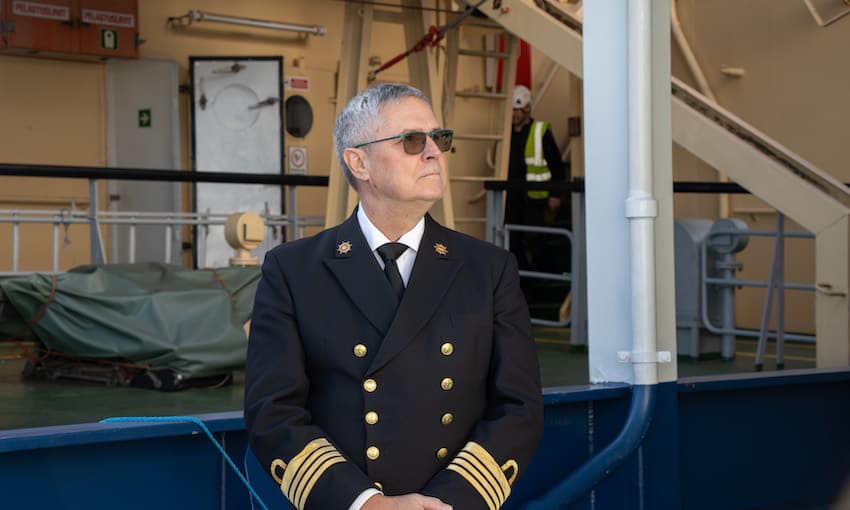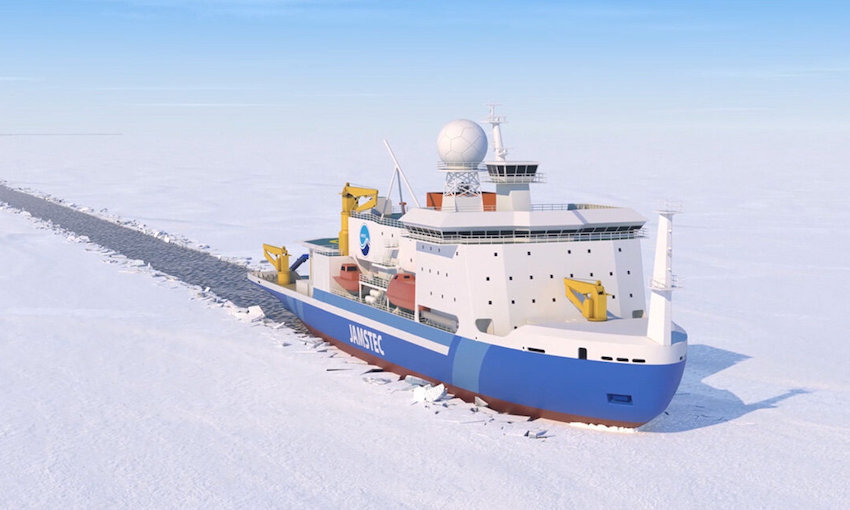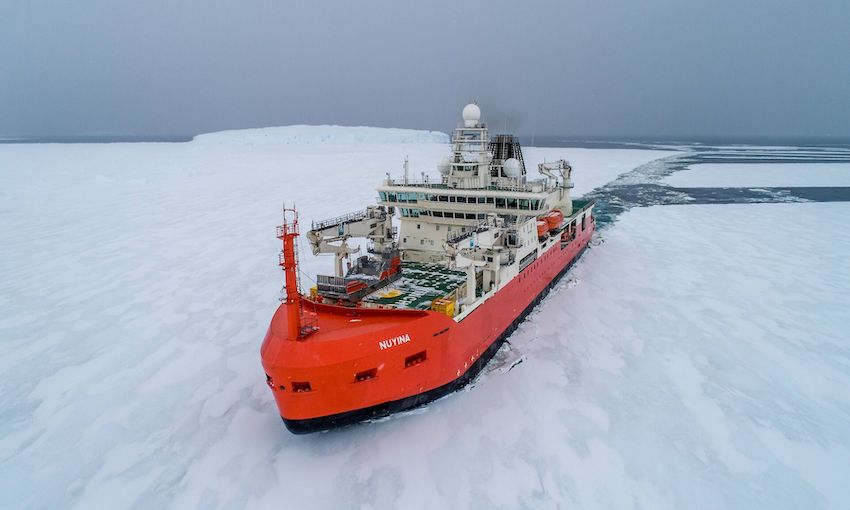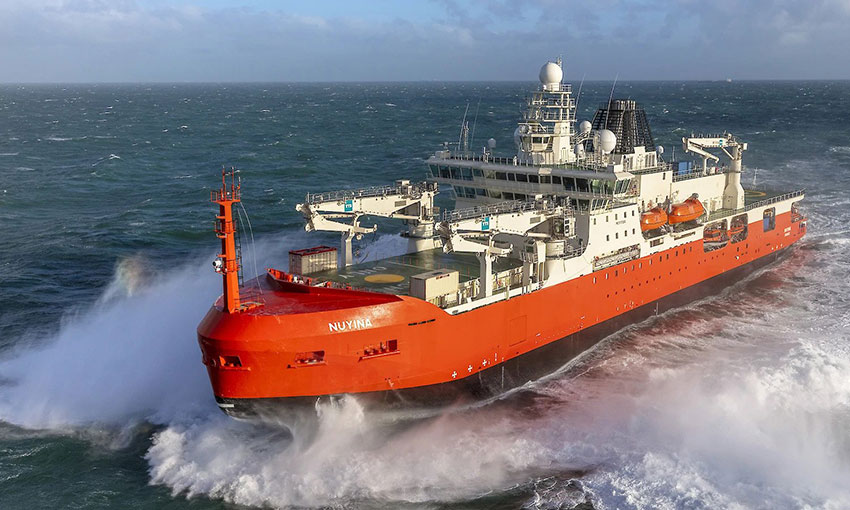THE ICEBREAKER fleet in Finland – and the foreign ships facilitating the country’s trade – are facing harsher and more challenging ice conditions in the northern Baltic Sea.
The average annual amount of ice is declining, but the changing climate means ice conditions are becoming more extreme and harder to predict.
Finland relies on shipping for around 90% of its commodity exports and 80% of its imports, and in harsh conditions, the ships enabling this trade cannot manage the journey without assistance from icebreakers.
The icebreakers open frozen shipping lanes and assist the ships that become stuck in the ice.
According to the Finnish government, in an average winter, foreign ships arriving in Finland need to pass through more than 200 nautical miles of ice.
The government expects the need for icebreaking to increase in the future, as global environmental regulation means more ships are operating with lower engine power.
Finland’s polar maritime network includes companies such as Aker Arctic (designing icebreakers), Rauma Marine Constructions (building them) and Arctia (operating the vessels).
Arctia’s icebreaker fleet comprises eight vessels including IB Polaris, built in 2016 as the first LNG-powered icebreaker in the world.
Paavo Kojonen, senior vice president, icebreaking at Arctia, said the company is small but it has a significant impact on the Finnish economy.
“We make sure the ports stay open even during the wintertime,” Mr Kojonen said.
“We’re the only country in the world where all the ports freeze during the winter months.
“The climate change brings more extremes, more warm winters, but also more severe winters. So, it doesn’t look like it’s easing in the Baltic waters in the coming decades.
“There might be less ice coverage in square kilometres, but the ice is moving all about; it doesn’t freeze and stay there, so the conditions … are getting more difficult over time.”
Finnish companies have designed around 80% of the world’s icebreaking vessels and about 60% were built in Finnish shipyards.
DCN visited Aker Arctic and Arctia as a guest of Business Finland. Further coverage will appear in upcoming DCN magazine editions.




